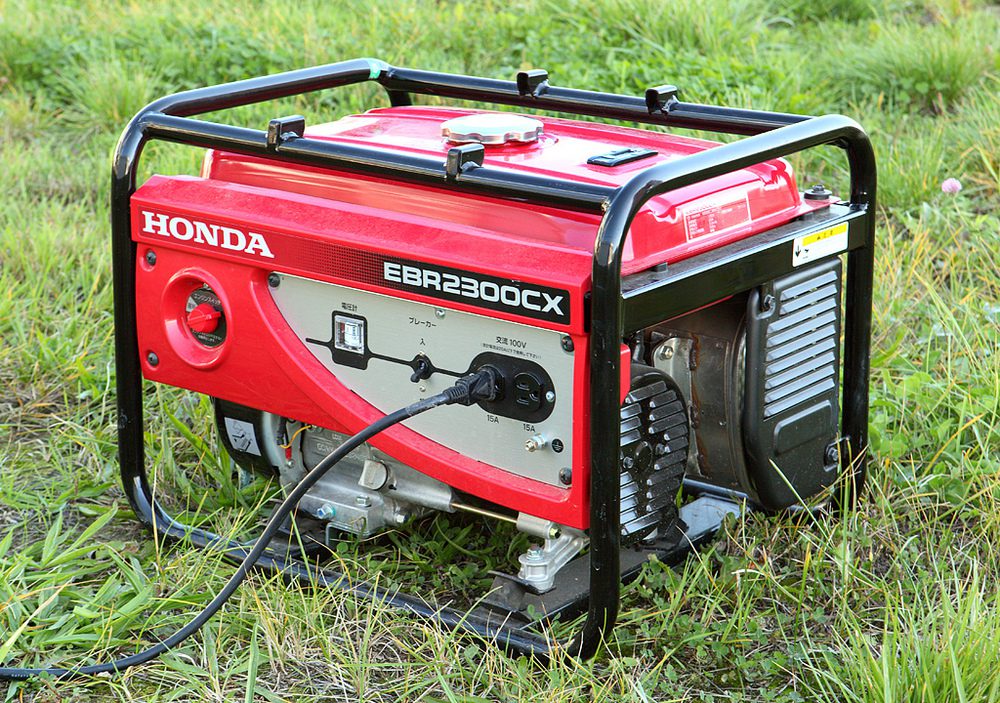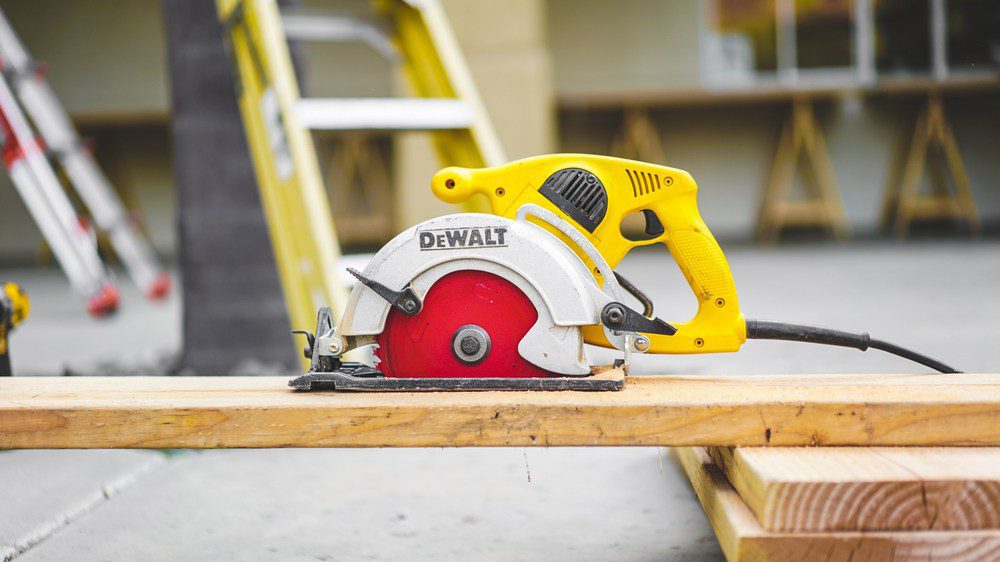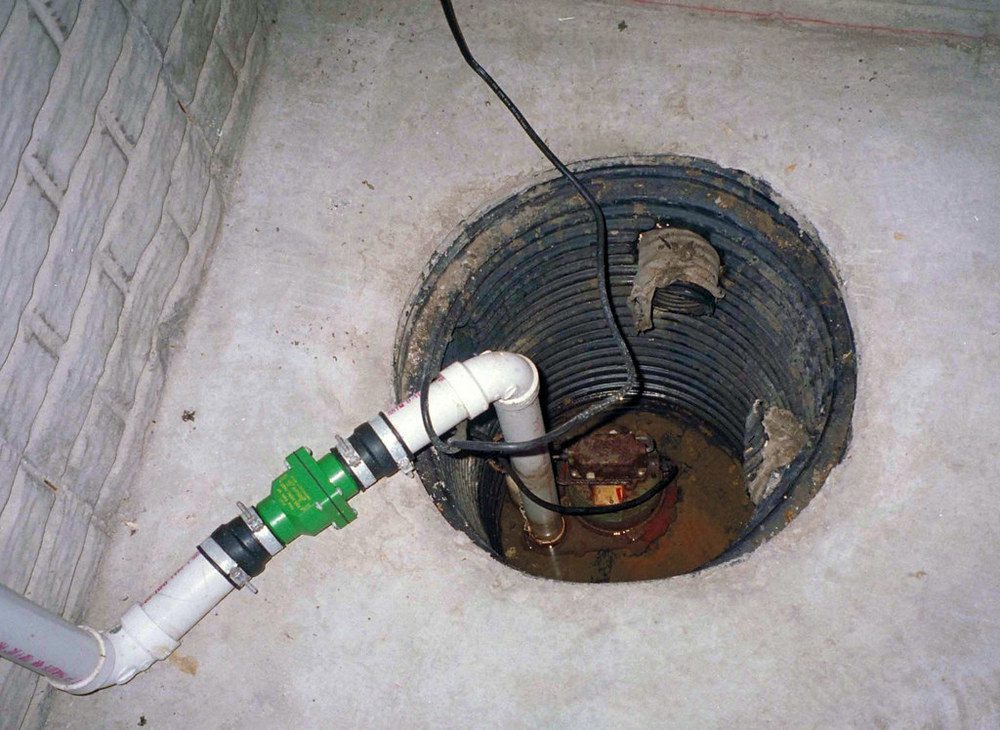Last Updated on July 8, 2025 by teamobn

Power outages can be frustrating and disruptive, and without a backup source of electricity, daily life can come to a screeching halt. That’s where generators come in: they provide you with power when you need it most.
But, did you know that a generator can be invaluable for more than just emergencies? In fact, it can be used for a variety of household purposes to make your life easier and more comfortable.
This blog post will explore eight different ways you can use a generator around your home. From powering your appliances during extended power outages to keeping your home office equipment running during a storm, these versatile machines can help you maintain your daily routine even when the power is out.
Discover how to safely use one and prepare for power outages. It is important to follow safety guidelines to avoid any accidents. Whether you are a homeowner looking to be prepared or interested in integrating it into your day-to-day affairs, this post has valuable tips for you. So, get ready to power up your life!
Contents
- 1 How to Use a Generator at Home in 8 Different Ways
- 1.1 1. Generate electricity to power household appliances
- 1.2 2. Charge batteries of devices
- 1.3 3. Power tools for DIY projects
- 1.4 4. Backup power source for medical equipment
- 1.5 5. Run a water well pump
- 1.6 6. Power a sump pump
- 1.7 7. Power home office equipment
- 1.8 8. Provide portable power for outdoor activities such as camping, tailgating, or outdoor parties
- 2 Summary
How to Use a Generator at Home in 8 Different Ways
During power outages, it can power essential appliances, allowing you to maintain basic needs and stay comfortable.
1. Generate electricity to power household appliances
It can be an incredibly useful tool to have in your home, especially in the case of power outages or emergency situations.
One of the most common uses is to generate electricity to power household appliances. This can include everything from lighting to refrigerators, heating, and air conditioning systems.
By using one, you can maintain a comfortable living environment no matter what the state of the power grid is. It’s important to note, however, that not all generators are created equal. Just make sure to choose one with sufficient wattage to power the appliances you need to use in the event of a power outage.
Additionally, follow all safety protocols and manufacturer’s instructions to prevent accidents and ensure proper functionality.
2. Charge batteries of devices
Generators are increasingly becoming common in households as they provide a reliable source of backup power. One of the ways to effectively use it is to charge your electronics during a power outage.
It provides an uninterrupted power supply to charge all your electronics from phones and tablets to laptops and cameras. Ensure that you connect your charger to the power outlet on the generator, then plug in your devices.
The good news is that most come with multiple outlets, so you can charge more than one electronic device at a time. However, it is important to note that you should not charge electronic devices near a generator in a closed space as carbon monoxide fumes can be dangerous. Always ventilate any enclosed space properly before using it, and keep it away from living spaces.

3. Power tools for DIY projects
When it comes to DIY projects, having one on hand is extremely beneficial. One key reason is that it provides power tools with the necessary electricity they need to function.
Power tools such as saws, drills, and sanders can make your home renovation or repair projects much easier and quicker. It allows you to use these tools without the need for a nearby electrical outlet, making them more versatile and convenient.
Using one for DIY projects can also provide more safety, as it eliminates the use of extension cords and reduces the risk of tripping. Investing in one for your DIY projects can greatly improve your efficiency and productivity, while also making your work environment safer.
4. Backup power source for medical equipment
It can be a lifesaver in emergency situations, and one such scenario is when you need a backup power source for medical equipment. This can be vital if you or a loved one rely on medical equipment that requires a constant supply of electricity to function.
Power outages can have devastating consequences for some people, and therefore having one as backup is a must. It provides an uninterrupted power supply for medical equipment like oxygen concentrators, nebulizers, CPAP machines, and other high-tech equipment, ensuring the safety and well-being of those who need it.
It’s just important to ensure that you choose has enough capacity to run the medical equipment for an extended period of time, and is equipped with appropriate safety features to avoid any accidents.
5. Run a water well pump
It can be used to power the water well pump, allowing you to access water even during power outages.
If you have a water well as your primary source of water supply, it is not possible to access water during power outages as most well pumps run on electricity. However, you can power your well pump and have access to water during such times.
To power your water well pump, you will need to connect the pump to it using a transfer switch. A transfer switch is an electrical device that enables you to switch between the power source (grid power or generator power) that your well pump is connected to.
It is important to note that it must have sufficient wattage to power the water well pump. Once it is connected to the water well pump through the transfer switch, you can start it and switch the power source to the generator. This will enable it to function as usual, allowing you to access water from your well during the power outage.
It’s important to keep in mind that running a home generator for an extended period of time can be expensive and potentially dangerous if not properly maintained or used. So, it’s essential to follow the manufacturer’s instructions for proper use, maintenance, and safety precautions when using a generator to power your well pump.

6. Power a sump pump
If you live in an area that is prone to flooding, having a sump pump is essential to prevent water damage to your home’s basement or foundation. However, during a power outage, the sump pump will not function, making your home vulnerable to flooding. This is where a generator can be extremely useful, as it can power the sump pump.
To use a generator to power a sump pump, you will need to connect the pump to the generator using a transfer switch, just like with a well pump. Once the sump pump is connected to the generator, you can start the generator and switch the power source to the generator, allowing the sump pump to function normally.
The size of the generator you need will depend on the power requirements of your sump pump. A small sump pump likely only needs a 1,000-watt generator, while a larger pump requires a more powerful generator.
It’s important to consult the manufacturer’s instructions for your sump pump and generator to ensure that you have the correct size generator for your needs. Regular maintenance and testing of your generator can also help ensure that it is ready to use when you need it most.
7. Power home office equipment
A generator can power your computer, modem, and other office equipment, allowing you to continue working during power outages.
If you work from home, a power outage can be a major inconvenience and can disrupt your work. However, a generator can be used to power your home office equipment, ensuring that you can continue working during a power outage.
To ensure that your generator can power your home office equipment, you need to calculate the amount of power that you need. You can do this by adding up the wattage of all the devices that you plan to power, such as your computer, monitor, printer, and modem.
8. Provide portable power for outdoor activities such as camping, tailgating, or outdoor parties
A generator can be a great resource for outdoor activities such as camping, tailgating, or outdoor parties, where access to electricity is limited. It can power a variety of devices and appliances, such as cooking equipment, sound systems, RVs, and more.
Only make sure to choose a portable and fuel-efficient generator, follow proper safety guidelines, and consider the noise level if you’ll be in a shared space.
Summary
To sum it up, a generator is a valuable investment that every household should consider for emergency preparedness and daily convenience. From powering essential appliances during a power outage to providing energy to your outdoor activities, generators are versatile and reliable tools that can simplify life at home.
With the many options available on the market, you can easily choose a generator that is affordable, convenient, and suits your specific needs. Invest in a generator; make sure your household is always prepared for any unexpected event.






